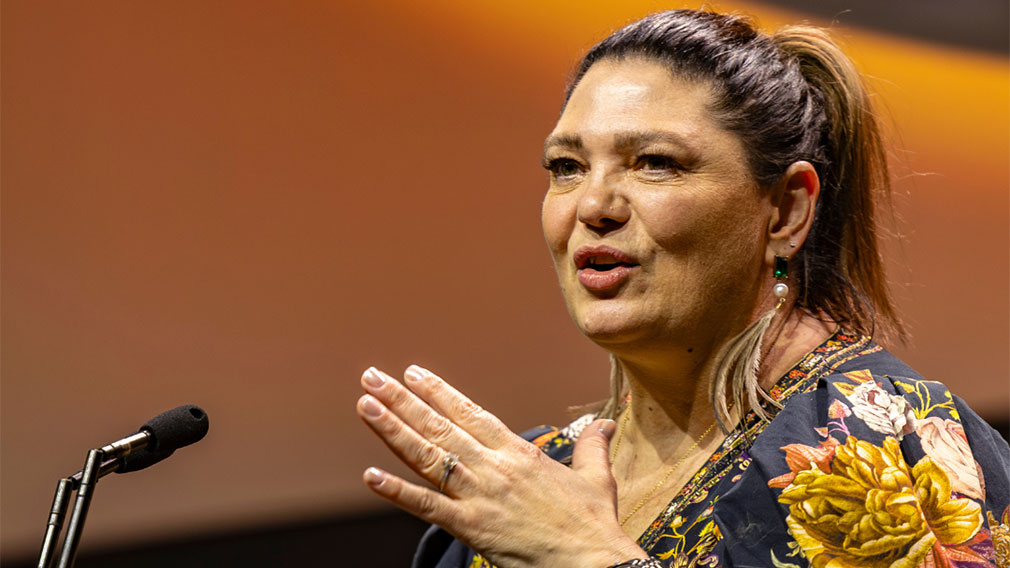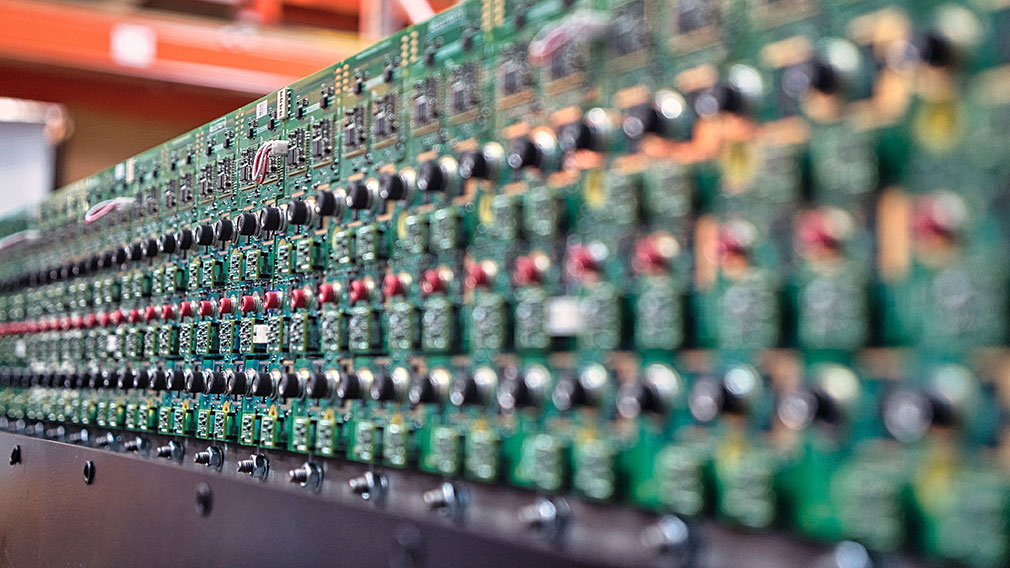Petrol price surge accelerates shift into EVs

Westpac's Steve Rubenstein says the bank's new EV/hybrid loan offer will support customers' greener choices. (Sarah Reed)
Soaring prices at the bowser are increasingly seeing Australians ditch their gas guzzlers in favour of electric vehicles.
More than two-thirds of motorists who have considered trading in for an EV or hybrid car in the past two years said high petrol costs were the driving factor, according to a survey commissioned by Westpac conducted over April and May. Fuel savings ranked above environmental considerations as the single most important factor motivating potential EV buyers.
It’s easy to see why: average weekly fuel costs jumped 40 per cent in the year to March, recent data from the Australian Automobile Association showed, as Covid-related supply chain disruptions and the war in Ukraine sent global oil prices skywards.
“In the short term, people are saying petrol prices are up and that’s hurting me, and they’re asking how an electric vehicle can help,’’ said Behyad Jafari, chief executive officer at peak industry body the Electric Vehicle Council. “There’s also a recognition of the long-term impact. People are questioning why they would buy a vehicle that leaves them at risk of this continuing to happen."

Behyad Jafari, CEO of the Electric Vehicle Council. (Supplied)
Australia has up to now been a laggard on EV adoption compared to some of its developed world peers. EV sales accounted for just 2 per cent of the Australian car market in 2021 compared with a global average of 9 per cent, and a long way behind market leader Norway at 72 per cent. High prices, a limited range, and a lack of government incentives have hampered growth, but that is starting to change.
“Over the last couple of years state governments have really stepped up,” Jafari said. “Every state and territory across Australia provides some sort of financial assistance for people to buy electric vehicles,” as well as supporting the roll-out of fast-charging infrastructure. Still, he would like to see more pro-active policies at a national level.
“The evidence is very clear: Australia has been lagging other countries in electric vehicle adoption because those other countries have better policies in place – that’s the missing piece of the puzzle."
EV infrastructure is also catching up. Ampol, one of the nation’s top fuel retailers, this month announced plans to roll out fast-charge stations across its forecourts, and BP has similar plans to add charging points at its fuel stops after agreeing a multi-year supply deal with Brisbane-based manufacturer Tritium. The EV Council says 700 fast-charging locations will be installed nationwide over the next five years, adding to the 291 sites in place at the start of 2022.
Meanwhile, banks are looking to support the trend with tailored financing options to encourage EV buyers. Westpac is the first of the big four to offer loans specifically for electric and hybrid vehicle purchases, following Macquarie which introduced a dedicated EV loan product last year.
“This is aimed at supporting EV and hybrid growth, but it’s also part of a much broader plan by the bank to help Australia reduce carbon emissions," said Steve Rubenstein, managing director, consumer finance at Westpac. “We support Australia and our customers getting to a greener future.”
The bank is also tapping into what it expects to be a strong growth market for years to come, Rubenstein said. The Lonergan survey showed 70 per cent of respondents expect to own an EV or hybrid car in the future, while over 40 per cent said they would look to take out a loan to fund their next car purchase.
“Our customers are telling us that they want to move in this direction. It’s still early days, but we want to get in front of that trend,” Rubenstein said.
Westpac will offer its EV/hybrid personal loan at rates starting from 4.99 per cent per annum on new and used EVs and hybrids up to seven years old.

Of course, doing your bit for the environment is another strong motivating factor behind the surge in EV demand. Three in five Australians say natural disasters such as flooding and bushfires have made them more concerned about climate change, the survey found, while two-thirds of owners of petrol or diesel cars said they would switch for environmental reasons.
For Jafari, the momentum towards EVs is only going to accelerate in the years ahead. Sales grew threefold in 2021, with the market on track for similar growth this year. In fact, with demand now far outstripping supply, wait times for new cars are starting to stretch out.
“If you’re buying a car and you plan to hold on to it for 5 or 6 years, you do have to think that buying a petrol or diesel car today it’s almost like you’re buying a landline phone when everyone else is moving to mobile," Jafari said.



